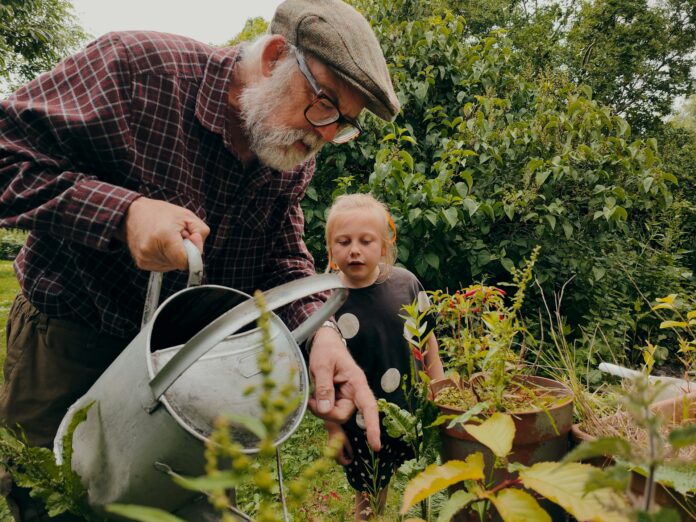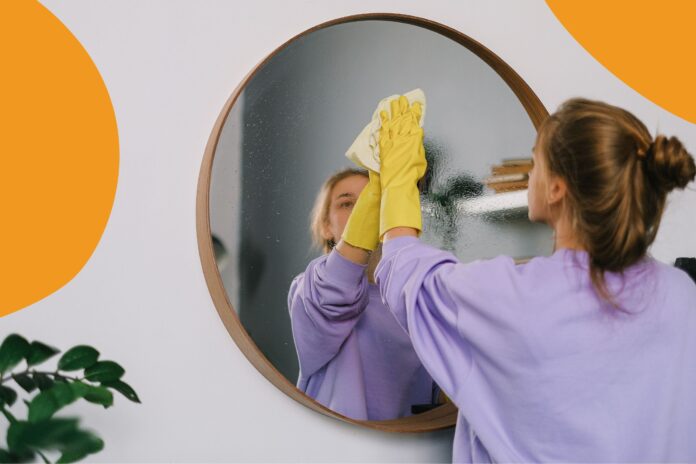It’s a reality which we’d rather not confront for our loved ones. But it’s an unwelcome truth that as those close to us age, their independence tends to wane. And to make matters all that little bit more difficult to manage, pride all too often gets in the way of asking for that much needed helping hand.
This doesn’t mean that living an autonomous, fruitful life in the winter years is out of the question. Quite the opposite in fact; here are some top tips on helping an elderly loved one remain independent in their old age.
Facilitate Increased Access…
One of the most crucial elements to helping an elderly loved one maintain independence in their old age is ensuring they continue to have access to their environment and maintain a sense of mobility. This includes both within their home and in the great outdoors.
The first steps towards facilitating increased access within the home often involve simple modifications. Consider installing grab bars around the house, especially in high-risk areas such as the bathroom and stairs. These can provide additional support and help prevent falls. Adjustable beds and chair lifts for stairs can also go a long way in aiding mobility, especially for those with arthritis or other conditions that make movement difficult.
Lighting is another area that should not be overlooked. As we age, our eyesight often weakens. Make sure that all areas of the house are well-lit to minimize the risk of stumbling or missing steps. Automated lights that turn on when motion is detected can be particularly helpful for night-time navigation.
Creating a clutter-free environment is another crucial step. Clear pathways and open spaces can help prevent the risk of tripping or accidents caused by stumbling upon unexpected objects.
One of the most common places needing to be adapted for elderly use is the bathroom. Slippage is common and can be extremely dangerous for anyone who is older, so don’t take any chances with this part of the house. Installing a walk-in shower or wet room can be a great way to maintain safety and security here.
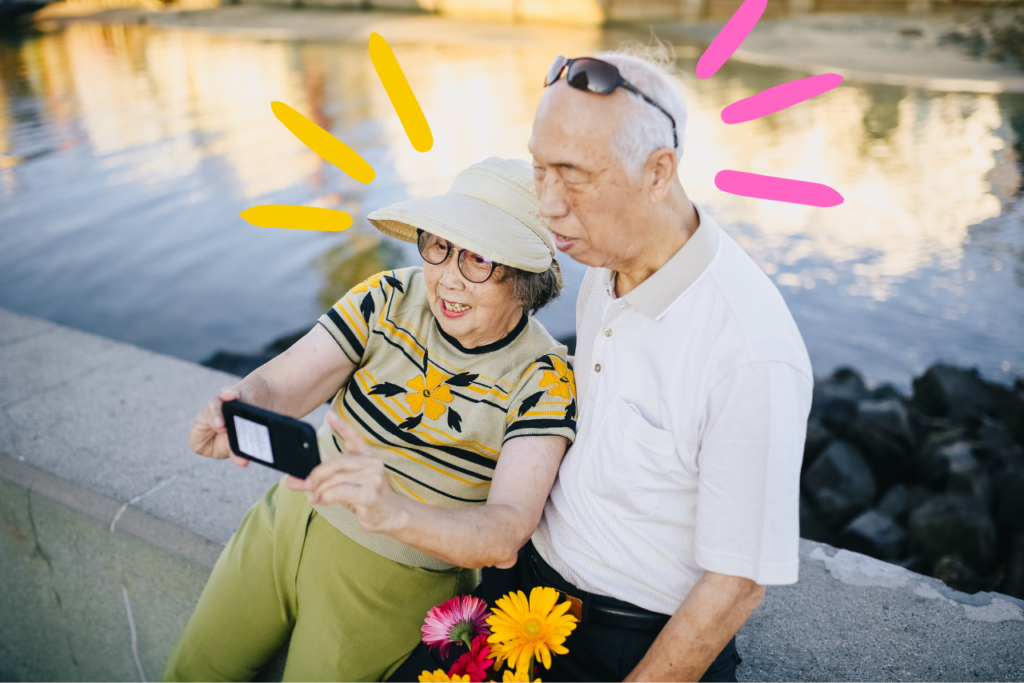
…& Continued Mobility
When it comes to outdoor mobility, walking aids can work wonders. Canes, walkers, or rollators offer varying levels of support and stability, depending on your loved one’s needs. Ensure to consult a healthcare provider for the best advice on which walking aid is most suitable for their specific condition.
For those with more severe mobility issues, a wheelchair or mobility scooter might be necessary. These tools can provide greater independence for the elderly, allowing them to continue running errands and participating in social activities.
For longer journeys or family outings, it’s worth looking into mobility-friendly wheelchair accessible vehicles for sale – having one in the family makes appointments, visits to relatives, and days out far more manageable than navigating public transport or forking out for taxis.
Help Your Elderly Loved One Stay Social
With lifelong friends losing mobility or sadly passing away, and children and other family members living in different parts of the country or abroad, many older people can feel lonely. This had led to experts warning that we are facing a loneliness epidemic in 2024 and beyond.
This can contribute to a whole host of problems both physical and mental. If you want to support your elderly loved one’s independence, then it’s essential you help facilitate their continued socialising, particularly if they’re feeling reticent or restricted by their mobility.
There are lots of things you can do to help your loved one cultivate new connections and stay social. Aside from the obvious – to visit them more often – you can also help them maintain friendships with folk of a similar age, taking them to clubs, classes or social groups to meet new people, or engaging more deeply with your community through charitable organisations and volunteering opportunities.
Remember that you’re never too old to make a new friend and it can mean all the difference to your loved one’s mental health.
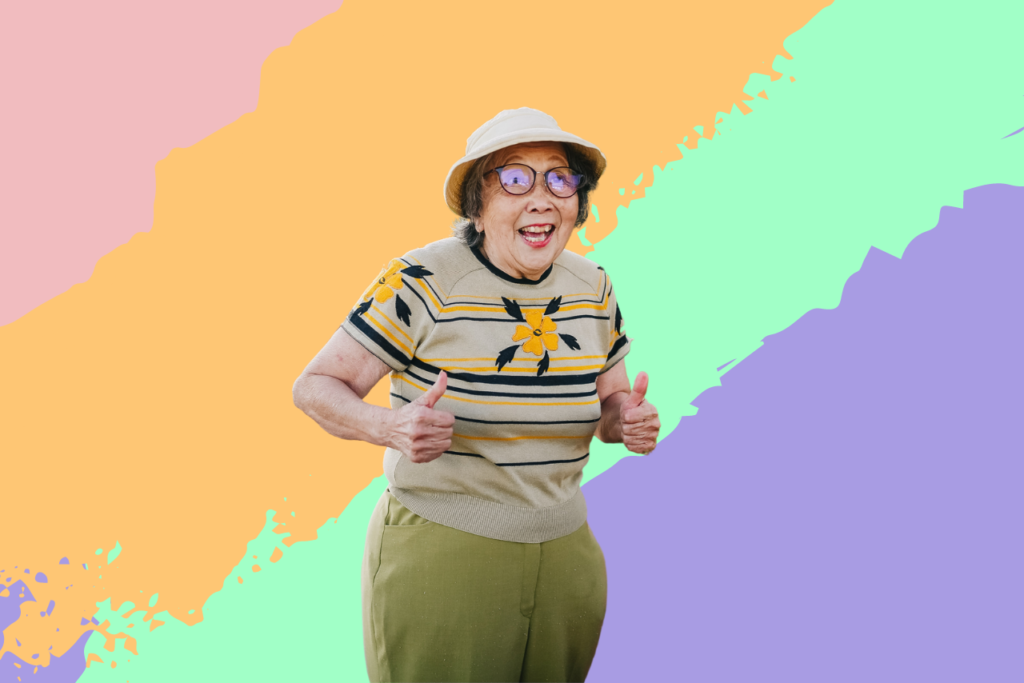
Provide A Route To Digital Socialising, Too
One of the best ways to provide ongoing emotional support for an elderly loved one is to help them gain confidence in computers. Once they have a grasp of how to message and video call, a whole new channel of socialising will have been opened up.
If you don’t possess the skills or patience to do this yourself, then the charity Age UK offer training courses in computer literacy for the elderly. You can find out if your nearest Age UK offers training courses on their website; simply enter your postcode.
And if making phone calls is tough for your elderly relative, consider investing in a smart home hub device, such as an Amazon Echo with Alexa, or Apple’s Siri; the hands free nature, as well as simplicity of use, can be really useful for those elderly people who struggle with mobility or cognitive function.
Make Sure You’re Honest About The Care They May Need
You (and your elderly loved one) may also need to accept that professional care may be needed, whether that’s in the form of a live-in carer, respite care, condition-specific assistance, or even the possibility of a care home.
It’s essential that you first drill down into your loved one’s specific, unique needs. Does your loved one require ongoing medical attention? If so, a nursing home would be the better place for them. If they are starting to struggle to carry out chores, dress, etc., then perhaps an assisted living home would be the better fit? If they have dementia or Alzheimer’s, a memory care home is where they will get the right support. When you have determined the right kind of care, you can be more upfront and honest about the best decisions moving forward.
Read: Different types of care for elderly people
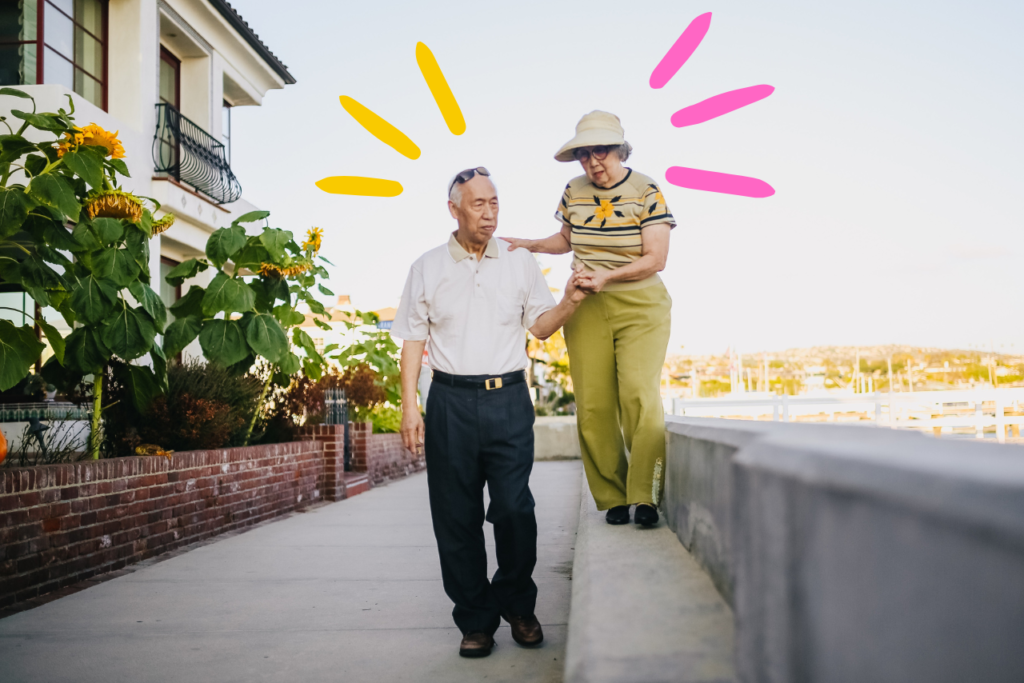
Plan For Changes In Their Circumstances Well In Advance
Although living in the moment is great, and ignoring the inevitable an easy option, taking a proactive approach to your elderly loved one’s ageing will help you plan ahead and try to foresee any problems you may have in the future. Though they might be fit and able-bodied now, there is no telling how long that may last. Retirement moves in mysterious ways, it has to be said.
Start thinking about where improvements may need to be made in your home to smooth the transition into old age. For instance, installing a personal emergency response system can ensure immediate assistance is available if they experience a fall or other medical issue. This type of system, along with features like stair lifts or walk-in tubs, can help enhance safety and independence. Additionally, consider whether their bedroom can be moved to the ground floor or if help with stairs will be necessary. What odd jobs can be done now, while they’re of sound mind and body to do so?
Keep Track
If your elderly loved ones are going to continue living alone, there are other ensure peace of mind for the whole family. Aside from those calls we mentioned, motion sensors are also reliable for keeping track of them, to check if there’s been a fall or other issue when no one is around. Though ‘tracking’ perhaps sounds intrusive, for some it offers security and a sense of serenity
The Bottom Line
Helping an elderly loved one maintain their independence isn’t about doing everything for them – it’s about removing the barriers that stand in their way. Whether that means installing grab bars, introducing them to video calling, or simply visiting more often, small interventions can make an enormous difference to their quality of life.
The key is to have honest conversations early, plan ahead where possible, and remember that autonomy in later years is less about physical capability and more about having the right support systems in place.

